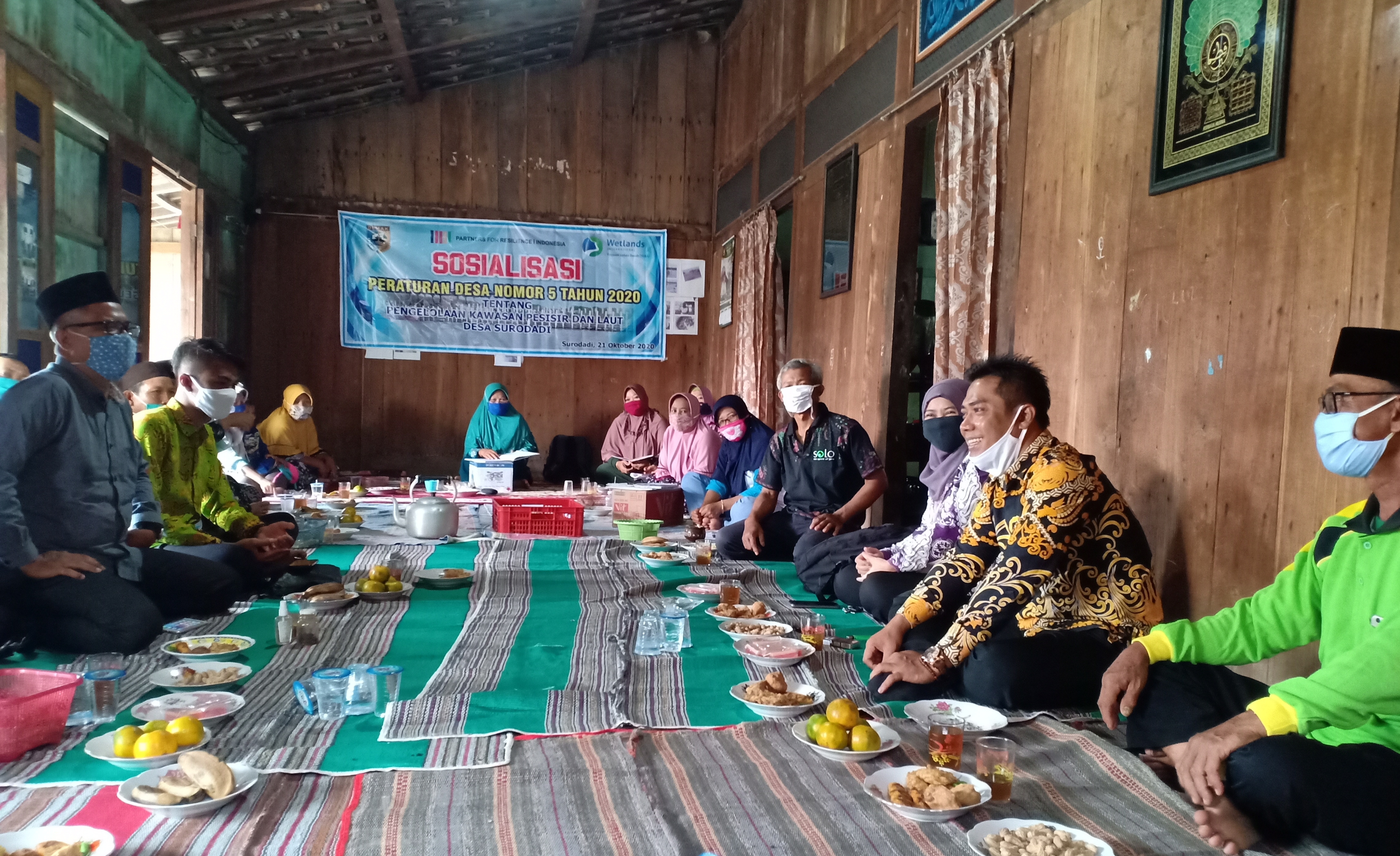

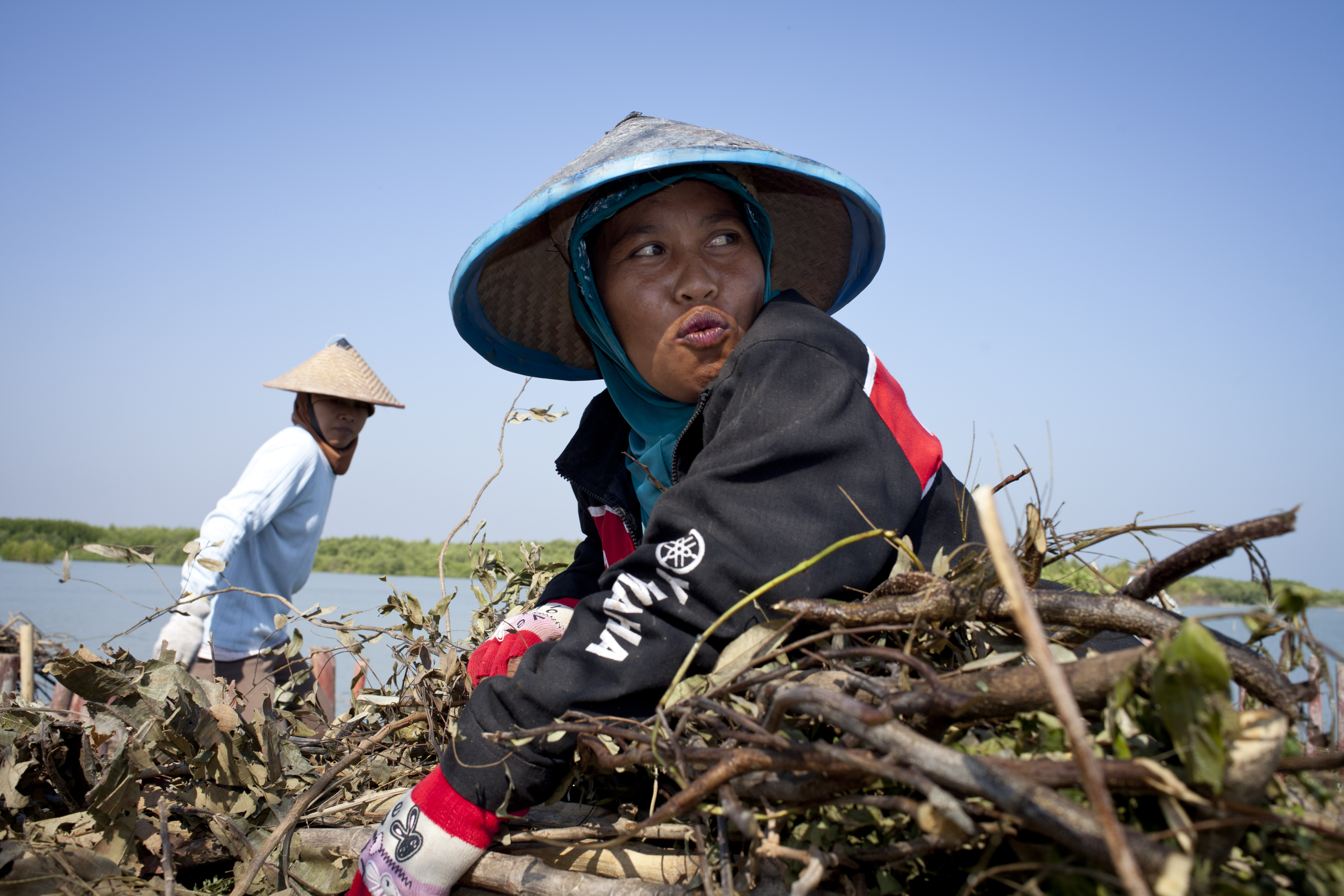
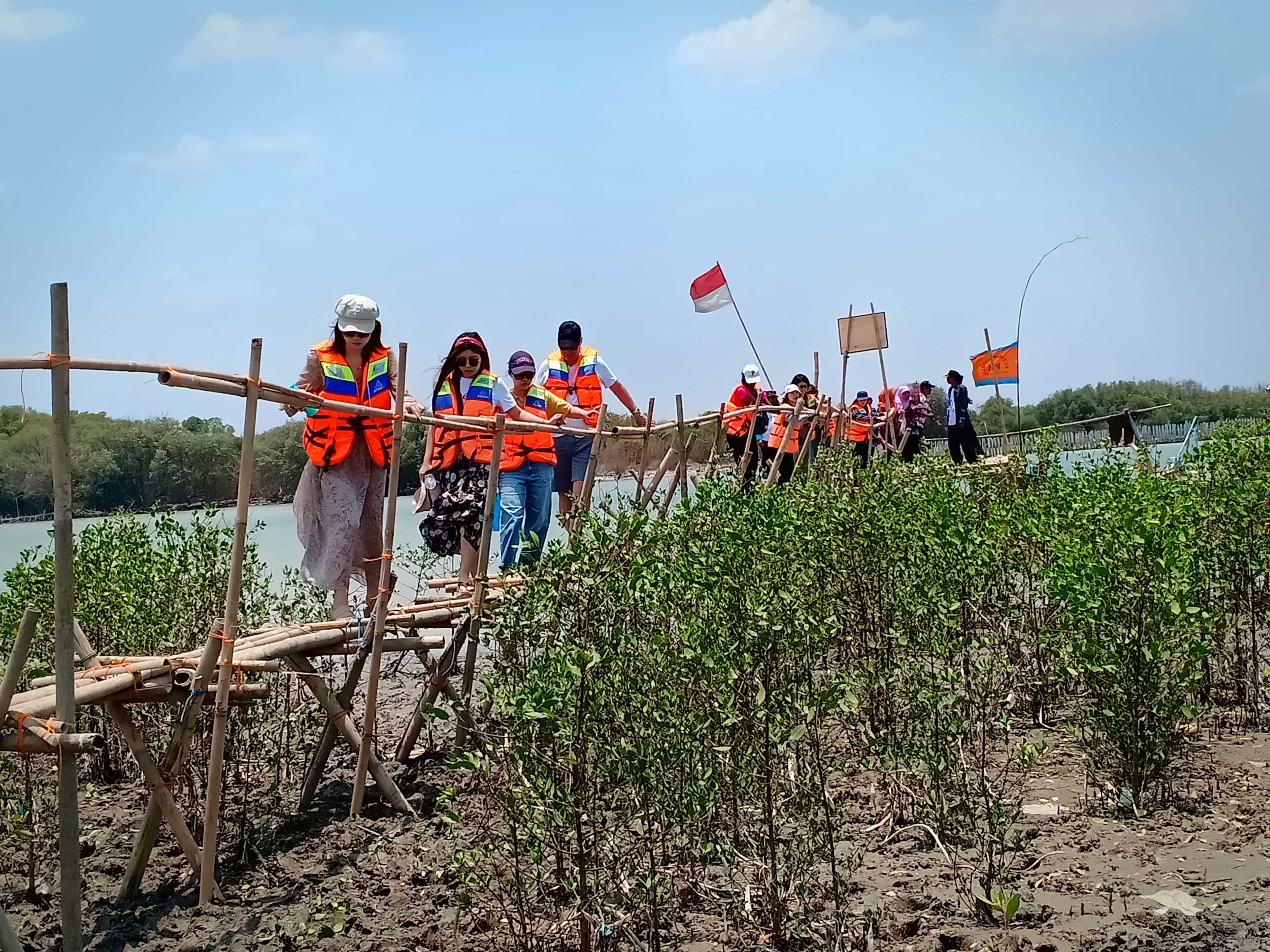
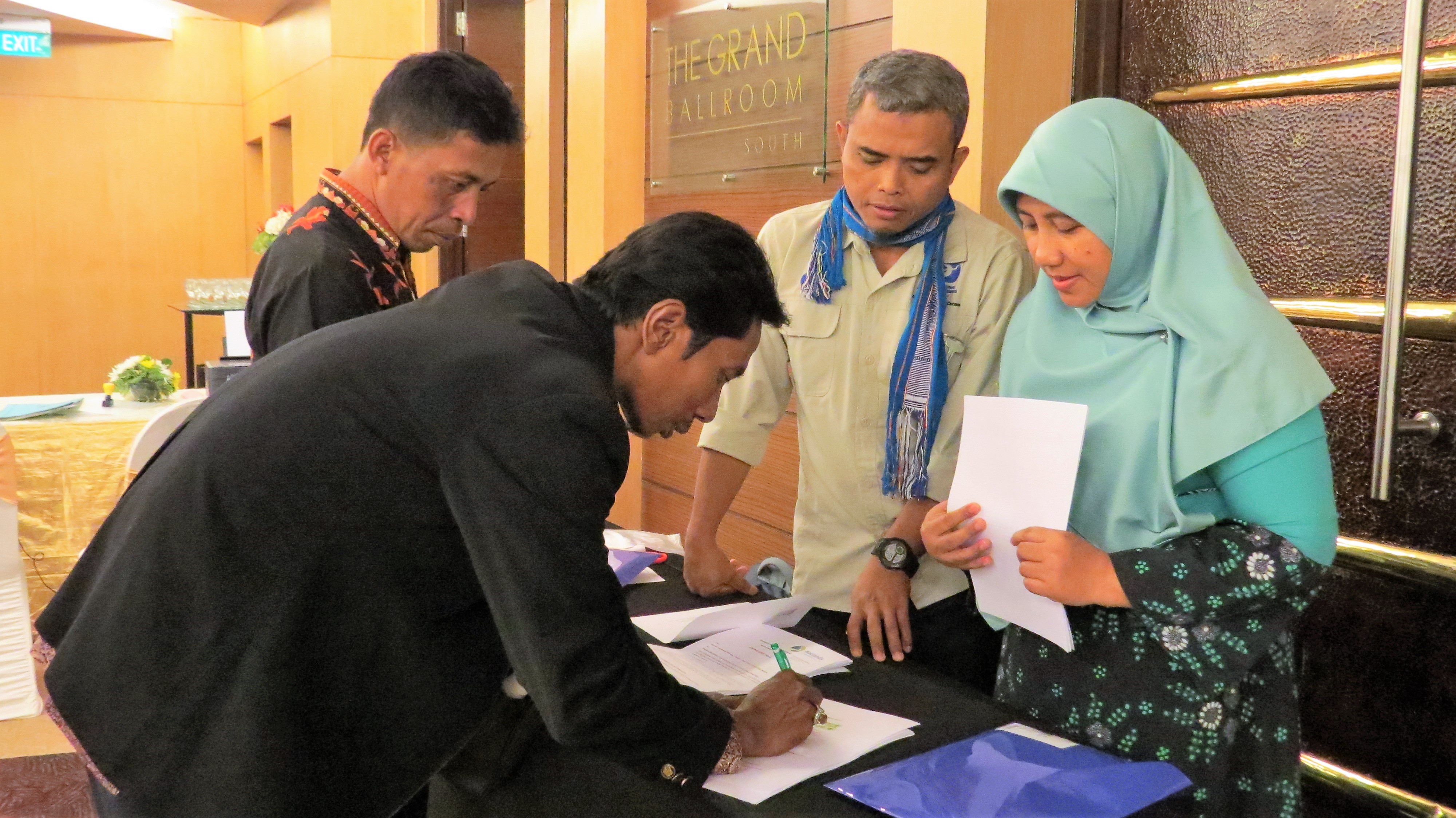
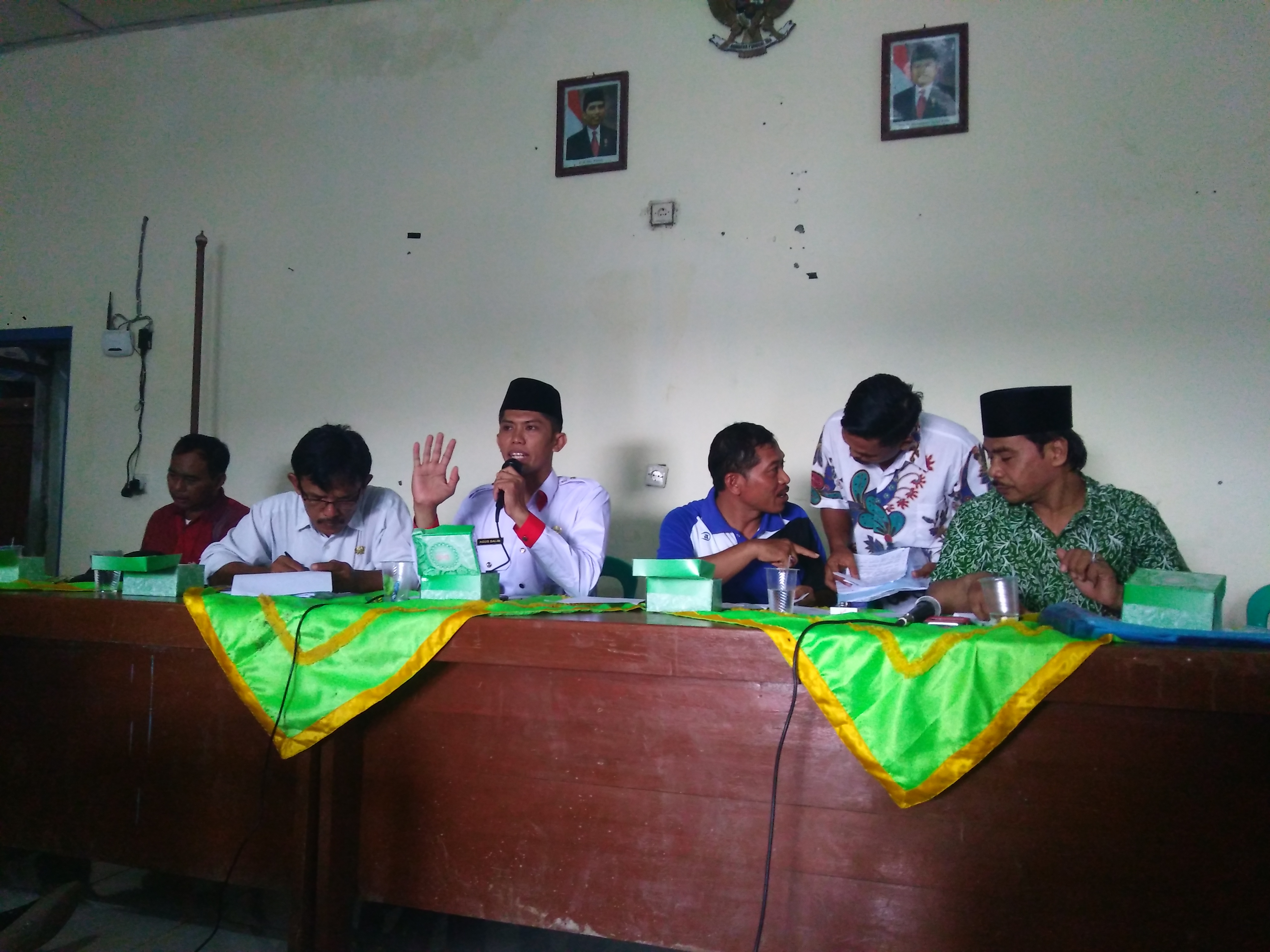
Many of the rural poor are caught in a ‘poverty trap to meet short term livelihood needs and forced to unsustainably exploit the natural environment. The exploitation leads to increased vulnerability and further constrains their development opportunities. Therefore, to reconcile aquaculture productivity with mangrove conservation and restoration, we introduced the Bio-rights financial incentive mechanism in Demak. In return for active engagement in conservation and restoration measures, communities received financial and technical support to develop sustainable livelihoods. Bio-rights agreements are conditional: payments to communities are only completed after successful restoration. The approach covers part of the costs the farmers or the community face to change their current unsustainable practice (degrading the very mangrove greenbelt that they rely on for coastal safety) into long-term sustainable livelihood strategies. This motivates them to take a long-term interest in their conservation work as well. Some community groups set aside a portion of the capital in a group savings fund.
- Community groups in 9 villages along the Demak coast were supported by Indonesian staff from the Building with Nature consortium who resided in Demak district throughout the project timeline.
- Local communities appointed individuals to participate in the programs.
- All community groups should be well organised and able to access, receive and manage government funds.
- The Bio-rights approach relies on capacity and awareness of community members; both were raised through Coastal Field Schools.
- Previously, after conversion of mangrove into ponds, farmers didn't reflect on links between their livelihoods and the mangroves. They passively accepted floods and decreasing yields of aquaculture and fishery.
- After the CFS had raised awareness, creativity and willingness, the Bio-rights approach was the last push for communities to dedicate areas for greenbelt restoration.
- Funds made available to community groups in return for performing ‘ecosystem services’ to boost livelihoods, enabled through Bio-rights 'package deals'.
- To ensure sustainable finance for mangrove rehabilitation, part of the funds can be set aside into a group savings fund and/or used for profitable economic activities. In Demak, one village started a commercial mangrove walk; others bought machines to prepare the (liquid) compost for their ponds.
- By including policy and advocacy in the package deals, communities managed to get measures rooted in village development plans. As a result, communities already receive ad hoc or annual village and district government funds for various measures.